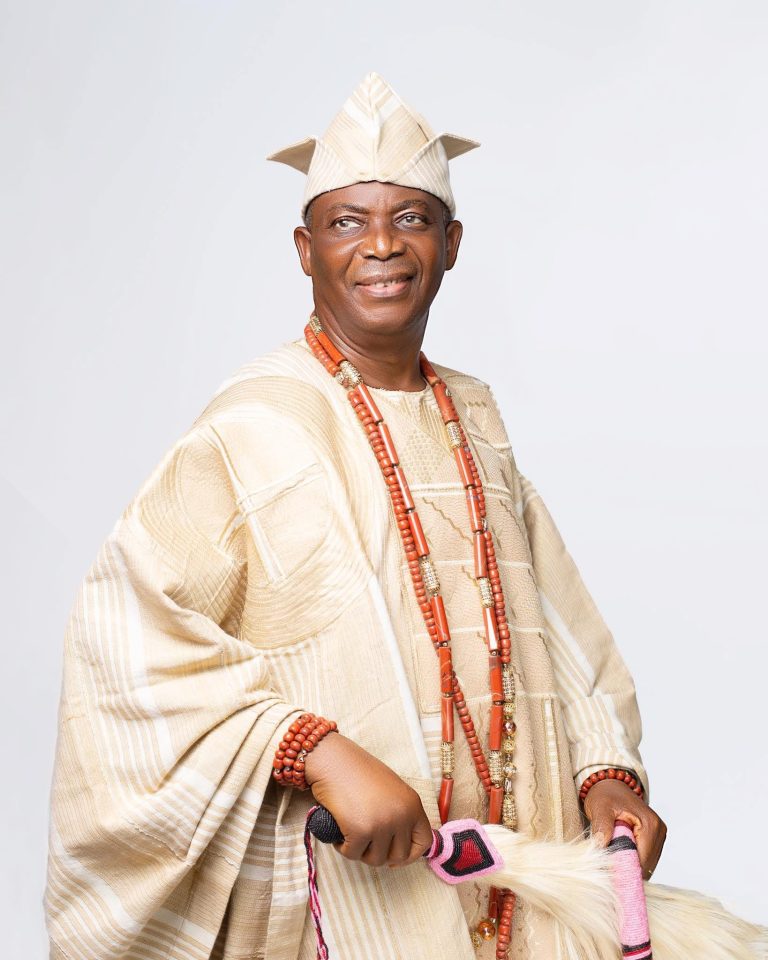
In a powerful and reflective statement, the Alaafin of Oyo captured the unpredictability of fate with the words, “I was sleeping in Canada when destiny called.” The quote has sparked widespread interest, especially among Nigerians at home and abroad, as it reflects a sudden and life-changing turn of events that led to royal responsibility.
The phrase was reportedly uttered by the monarch during a public engagement in which he discussed his journey to becoming the Alaafin—one of the most revered traditional rulers in Yorubaland and Nigeria at large. At the time of his selection, he was residing in Canada, unaware that destiny was about to drastically alter the course of his life.
This moment of reflection by the Alaafin serves as a reminder of how life’s most significant opportunities often arrive unannounced, sometimes when individuals are physically and mentally far removed from the paths they eventually walk. His story speaks to the concept of destiny in Yoruba culture, where spiritual and ancestral forces are believed to play crucial roles in shaping personal and communal futures.
The selection process of traditional rulers in Yorubaland is both spiritual and political, involving kingmakers, consultation of the Ifa oracle, and deep consideration of lineage. In the case of the Alaafin, who presides over the ancient city of Oyo in southwestern Nigeria, the role carries immense cultural, historical, and political weight. It is a position that connects the present to centuries of Yoruba tradition.
That the Alaafin was living in Canada—presumably far removed from traditional affairs at the time—makes the call to return and take up the mantle of leadership even more remarkable. It underscores how destiny, in Yoruba belief, transcends geography and current circumstances. It can find a person wherever they are and summon them to fulfill a purpose, regardless of their prior plans.
The Alaafin’s words also speak to the experience of many in the Nigerian diaspora. Millions of Nigerians live, study, and work abroad, often building lives that may seem distant from their roots. Yet, stories like this remind the diaspora that identity, heritage, and obligation to one’s community can remain powerful forces, even across continents.
His ascension to the throne was not just a personal transition—it marked the beginning of a new chapter for the Oyo kingdom. Since becoming the Alaafin, he has played a key role in preserving Yoruba customs, participating in national discourse, and serving as a symbol of continuity between Nigeria’s historical legacy and its present-day society.
The phrase “sleeping in Canada” has also been interpreted metaphorically by some observers. It represents not just physical rest, but a state of being unprepared or unaware of an impending transformation. It adds poetic weight to the idea that one’s destiny can awaken them at any moment, requiring swift adaptation, courage, and commitment to a larger purpose.
Social media users and cultural commentators have since circulated the quote widely, reflecting on how it encapsulates the mystery of fate and the profound turns life can take. For many young Africans navigating careers abroad or in unfamiliar territories, the Alaafin’s story is both an inspiration and a reminder: where you are today may not determine where you are meant to be.
As the Alaafin of Oyo continues to fulfill his duties as a traditional ruler, his words will likely endure as a symbol of humility, transformation, and the powerful call of destiny that can reach across oceans to reshape a life—and a legacy.




